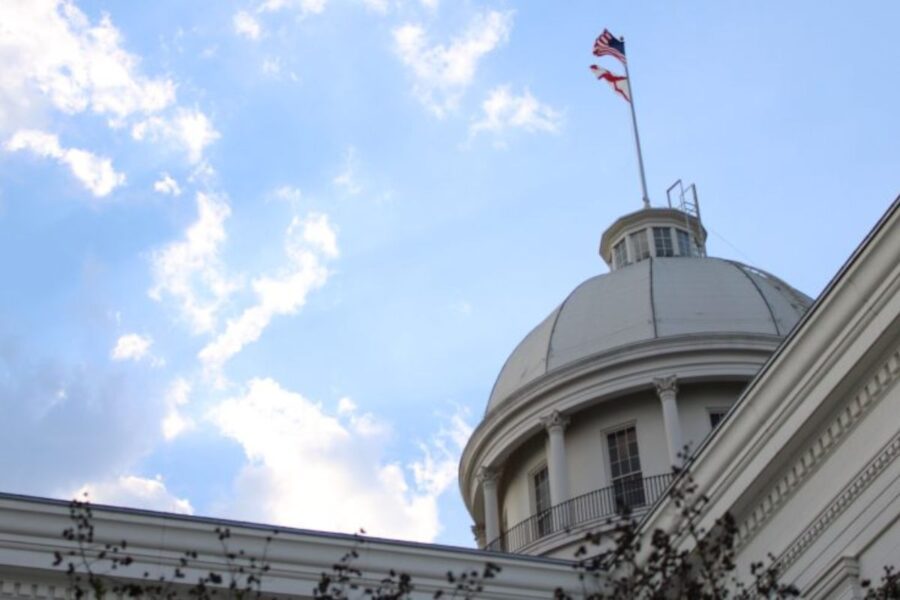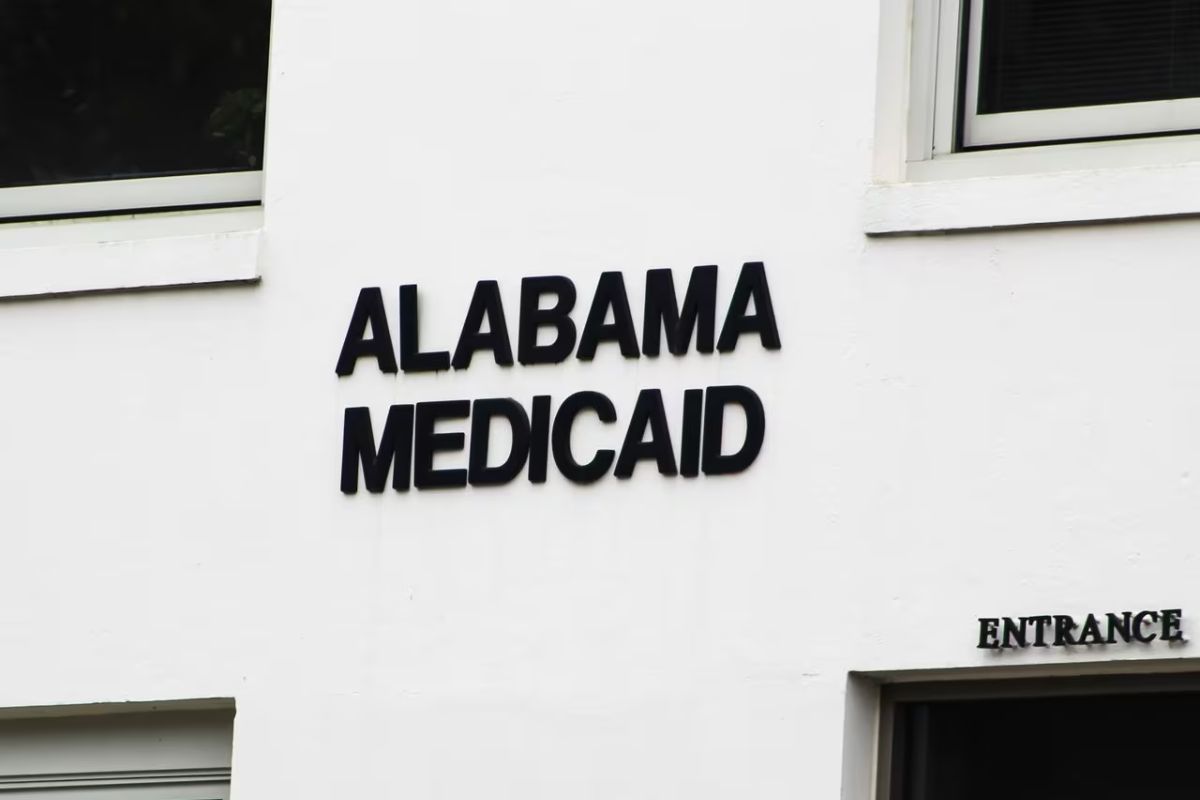Alabama Medicaid Expansion Plan: In a state where healthcare access for low-income residents has long been a point of contention, Alabama Medicaid expansion plan is now taking center stage. With a proposal to provide coverage for an estimated 260,000 Alabamians, the state’s policymakers are facing a critical decision that will impact the lives of many.
The plan’s details and development, as well as its financial implications and potential benefits, have become the focus of intense scrutiny and debate. While proponents argue that expanding Medicaid would improve access to care and enhance the overall health of the state’s population, opposition and concerns about the budget loom large.
As the discussion unfolds, the future of healthcare for thousands hangs in the balance, sparking both hope and uncertainty among those affected.
Key Takeaways
- Alabama’s Medicaid Expansion Plan, known as ‘All Health’, aims to provide coverage for approximately 260,000 uninsured Alabamians.
- The program utilizes a public-private partnership to offer private health insurance, recognizing the importance of collaboration between Medicaid and private insurers.
- All Health’ program development involved collaboration between the Alabama Hospital Association (AHA) and insurers, taking inspiration from Arkansas’s successful approach.
- Financial implications include initial costs covered by federal incentives for the first five years, potential extensions with full federal incentives beyond a decade, and the need for cautious long-term financial planning.
Introduction and Proposal Overview
The introduction and proposal overview of the Alabama Medicaid expansion program, known as ‘All Health,’ presents a potential solution to the healthcare coverage gap in the state by utilizing a public-private partnership to provide private health insurance to approximately 260,000 uninsured Alabamians. The proposal aims to address the pressing issue of healthcare access for the state’s vulnerable population.
By leveraging Medicaid expansion funds, ‘All Health’ intends to collaborate with private insurers, such as Blue Cross, to extend coverage to those currently without insurance.
The program overview of ‘All Health’ reveals a comprehensive approach to bridging the coverage gap. It recognizes the importance of a public-private partnership, leveraging the capabilities of both sectors to achieve the desired outcome. Through this collaboration, the program aims to ensure that the uninsured population in Alabama gains access to quality healthcare services.
By providing private health insurance, individuals will have access to a network of healthcare providers and facilities, ensuring their medical needs are met.
The introduction of ‘All Health’ signifies a significant step towards improving healthcare access for Alabamians who currently lack coverage. By capitalizing on Medicaid expansion funds and partnering with private insurers, the program seeks to address the healthcare coverage gap in a sustainable and effective manner. Through this innovative approach, the state aims to enhance the overall health and well-being of its citizens, fostering a healthier Alabama for all.
Plan Details and Development
After nearly two years of collaboration between the Alabama Hospital Association (AHA) and insurers, a comprehensive plan for the ‘All Health’ program has been developed, taking inspiration from Arkansas’s successful approach. This plan, tailored specifically for Alabama, aims to provide coverage for 260000 Alabamians who currently fall into the Medicaid coverage gap.
During the collaboration process, the Alabama Hospital Association and insurers carefully considered the plan specifics to ensure that it meets Medicaid standards. Danne Howard, the deputy director of the Alabama Hospital Association, emphasized the importance of the proposed private insurance plans meeting Medicaid’s requirements regarding benefits, coverage, and provider networks. This ensures that the ‘All Health’ program aligns with the established Medicaid guidelines, providing comprehensive and quality healthcare to the eligible population.
To further enhance the plan’s effectiveness, the collaboration process also involved input from various stakeholders, including healthcare providers, advocacy groups, and community organizations. This inclusive approach helped to address the unique healthcare needs of Alabama residents and develop a tailored solution that maximizes coverage and benefits.
The ‘All Health’ program aims to bridge the gap between Medicaid and private insurance, offering a hybrid model that combines the strengths of both systems. By leveraging private insurance, the plan seeks to provide individuals with increased access to a wider network of healthcare providers while maintaining the affordability and comprehensive coverage associated with Medicaid.
Financial Implications and Federal Incentives
Financial implications and federal incentives play a crucial role in the implementation and sustainability of the ‘All Health’ program, aimed at providing coverage for 260000 Alabamians in the Medicaid coverage gap. According to Howard, the plan’s implementation would not impose additional costs on the state for the initial five years. This is significant as it ensures that the state budget is not burdened during the initial phase of the program.
Cost projections indicate potential extensions beyond a decade with full federal incentives. This means that the federal government would provide financial support to Alabama for an extended period, which would help alleviate the financial strain on the state. The availability of federal incentives is a key factor contributing to the feasibility of the program.
However, there are uncertainties surrounding future landscapes that warrant caution. While the plan currently benefits from federal incentives, there is no guarantee that these incentives will remain unchanged in the long term. Changes in federal policies or funding priorities could impact the financial sustainability of the program. Therefore, it is important for Alabama to consider various scenarios and plan accordingly to ensure the long-term financial viability of the ‘All Health’ program.


Support and Potential Benefits
Several state lawmakers, including Senator Linda Coleman-Madison, have expressed strong support for the ‘All Health’ program, highlighting the potential benefits it could bring in addressing critical healthcare needs and boosting workforce participation. The support for the program stems from the recognition of its potential advantages and positive impact on various aspects of society.
The potential advantages of the program include improved healthcare access for the 260,000 Alabamians who would gain coverage under the expansion. This would ensure that individuals and families have the necessary resources to receive timely and necessary medical care, leading to better health outcomes and overall well-being.
In addition to healthcare access, the ‘All Health’ program could have a significant economic impact on the state. By expanding Medicaid, Alabama stands to benefit from increased federal funding, which would stimulate the local economy. The infusion of federal dollars would create jobs within the healthcare sector and support the growth of related industries.
Furthermore, the program has the potential to boost workforce participation. When individuals have access to affordable healthcare, they are more likely to seek employment or start their own businesses without the fear of losing coverage. This increased workforce participation can lead to a more robust economy and improved community well-being.
Opposition and Budget Concerns
Despite the widespread support for the ‘All Health’ program and its potential benefits, there are significant concerns and opposition regarding its financial feasibility and budgetary implications, as expressed by Governor Kay Ivey and Senator Greg Albritton. Both Ivey and Albritton are cautious about the strain Medicaid expansion could place on the state’s budget and the need for careful financial management.
The concerns raised by Governor Ivey and Senator Albritton highlight the importance of evaluating the financial feasibility and budget implications of the ‘All Health’ program. They emphasize the existing strain on Medicaid services and the need for cautious management to ensure the program’s sustainability.
To understand the concerns, let’s take a look at the following table:
| Concerns and Opposition | Financial Feasibility | Budget Implications | Medicaid Strain |
|---|---|---|---|
| Governor Kay Ivey | X | X | X |
| Senator Greg Albritton | X | X | X |
Governor Ivey and Senator Albritton’s reservations reflect the need for a thorough examination of the financial aspects of the ‘All Health’ program. They want to ensure that the expansion of Medicaid coverage for 260000 Alabamians does not overburden the state’s budget and strain the existing Medicaid services. Cautious financial management will be crucial to address these concerns and ensure the long-term sustainability of the program.
Conclusion
The proposed Alabama Medicaid expansion plan aims to provide healthcare coverage for approximately 260,000 individuals in the state. The plan, which has been developed with careful consideration and collaboration, comes with financial implications but also offers federal incentives.
Advocates argue that expanding Medicaid will bring numerous benefits, such as improved access to healthcare and economic growth. However, there is opposition due to concerns about the budget and sustainability of the program.
Overall, the Medicaid expansion in Alabama has generated significant debate and remains a topic of great importance.
Also Read: VOICES for Alabama Children Sets Healthcare as Top 2024 Priorities

